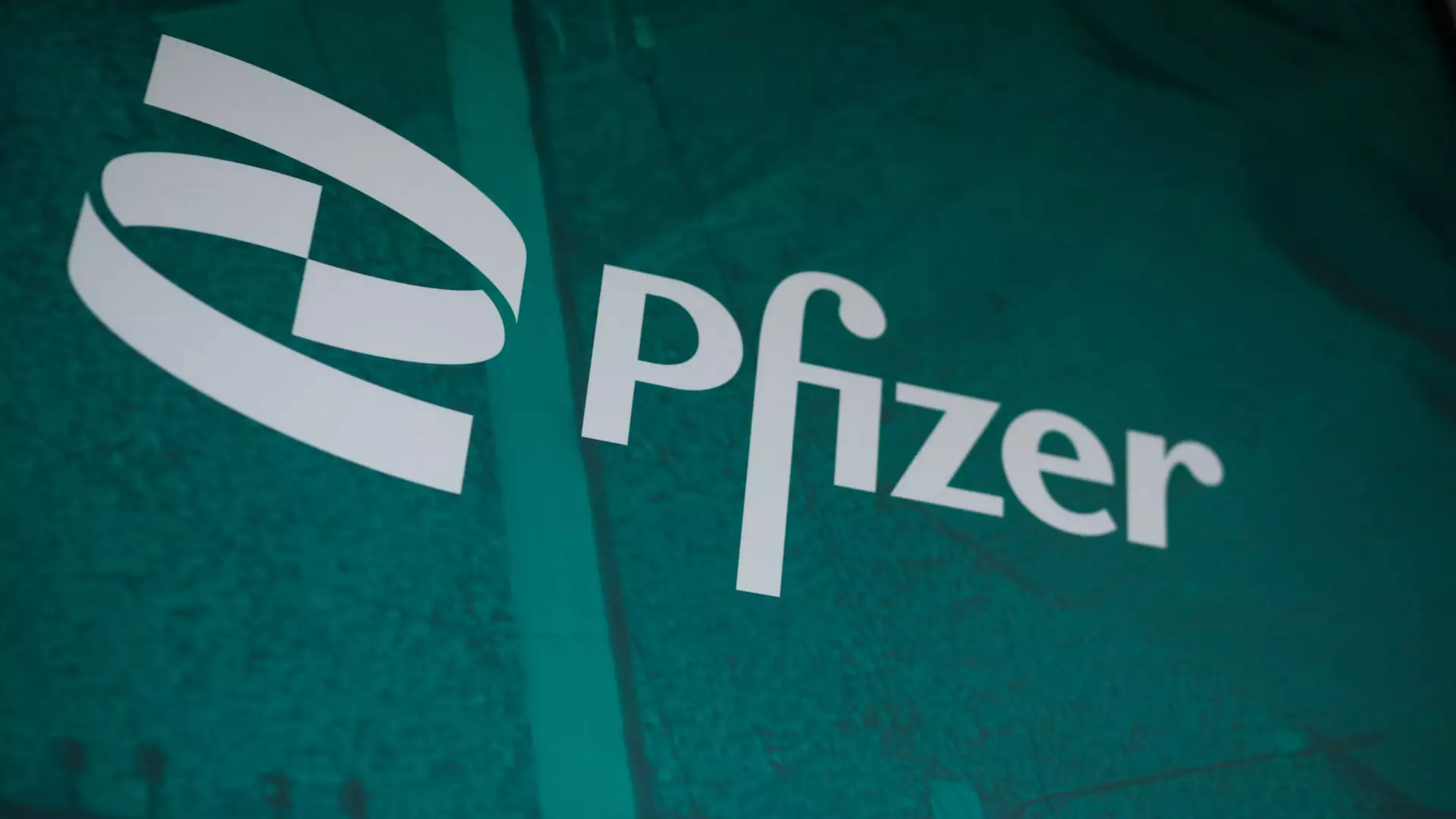Cancer cachexia is a complex syndrome that significantly affects the quality of life of cancer patients. This debilitating condition, characterized by severe body weight loss and muscle wasting, is recognized as a significant contributor to patient morbidity and mortality. Recent developments from Pfizer regarding their experimental drug, ponsegromab, have ignited hope for its potential role in mitigating this life-threatening condition.
Cancer cachexia is a rampant issue that affects an estimated 9 million individuals globally. It occurs in approximately 80% of cancer patients, often leading to drastic outcomes; a staggering proportion are expected to succumb within a year of diagnosis. This syndrome is defined by a weight loss of at least 5% over six months, alongside symptoms like fatigue and loss of appetite, significantly impairing patients’ ability to maintain necessary caloric intake. The effects of cancer cachexia are especially detrimental; they can render patients weak and fatigued, greatly hindering their capacity to engage in daily activities and endure treatment therapies.
As such, the implications of this condition extend beyond mere physical appearance. Patients suffering from cachexia frequently encounter reduced efficacy in their cancer treatments and lower survival rates, which underscores the urgent need for effective therapeutic interventions.
In light of the pressing need for targeted interventions, Pfizer’s discovery of ponsegromab emerges as a beacon of hope. Recent midstage clinical trial results presented at the European Society for Medical Oncology 2024 Congress revealed promising outcomes. The trial specifically focused on patients suffering from advanced cancers such as non-small cell lung cancer, pancreatic cancer, and colorectal cancer, all of which are associated with increased cachexia incidence.
Results from the study, which tracked 187 participants over 12 weeks, indicated that those receiving the highest dose of ponsegromab (400 mg) experienced an average weight increase of 5.6% compared to the placebo group. Even those receiving lower doses (200 mg and 100 mg) exhibited notable weight gains of around 3.5% and 2%, respectively. Such outcomes were described by Pfizer as clinically meaningful, as experts recognize any weight gain exceeding 5% as a significant achievement in cachexia management.
The mechanism of action of ponsegromab, which involves inhibiting growth differentiation factor 15 (GDF-15), plays a critical role in appetite regulation. This protein is often found elevated in patients with chronic ailments, including cancer, and is believed to contribute to diminished appetite and nutritional intake. By lowering GDF-15 levels, ponsegromab aims to enhance appetite and enable patients to regain and maintain essential body weight.
Beyond weight stabilization, the study results also pointed toward improvements in overall wellness indicators among participants. Charlotte Allerton, head of discovery and early development at Pfizer, expressed optimism about the potential of ponsegromab to significantly enhance patients’ quality of life, which may enable them to better manage their condition and tolerate more aggressive cancer treatments.
The reported tolerability of ponsegromab is an additional advantage; treatment-related adverse effects were observed in only 7.7% of those on the drug compared to 8.9% in the placebo cohort. Such findings imply that ponsegromab may offer an effective therapeutic option without imposing the burden of significant side effects, which is often a concern with cancer treatments.
Pfizer’s plans for the future of ponsegromab are taking shape, with discussions ongoing regarding late-stage development strategies aimed at regulatory approval. The company anticipates launching additional studies in 2025 that would facilitate a potential filing for market approval. Furthermore, they are exploring the possibility of evaluating ponsegromab’s efficacy in other contexts, including heart failure patients facing cachexia-related challenges.
The latest developments surrounding Pfizer’s ponsegromab signal a potential shift in how cancer cachexia is approached in clinical settings. As researchers continue to unravel the complexities of this syndrome, therapeutic options like ponsegromab present hope for improving patient outcomes, providing renewed strength and vitality to those battling cancer. While hurdles remain in terms of further studies and regulatory scrutiny, the implications of these initial findings herald a promising future in the fight against cancer cachexia.

